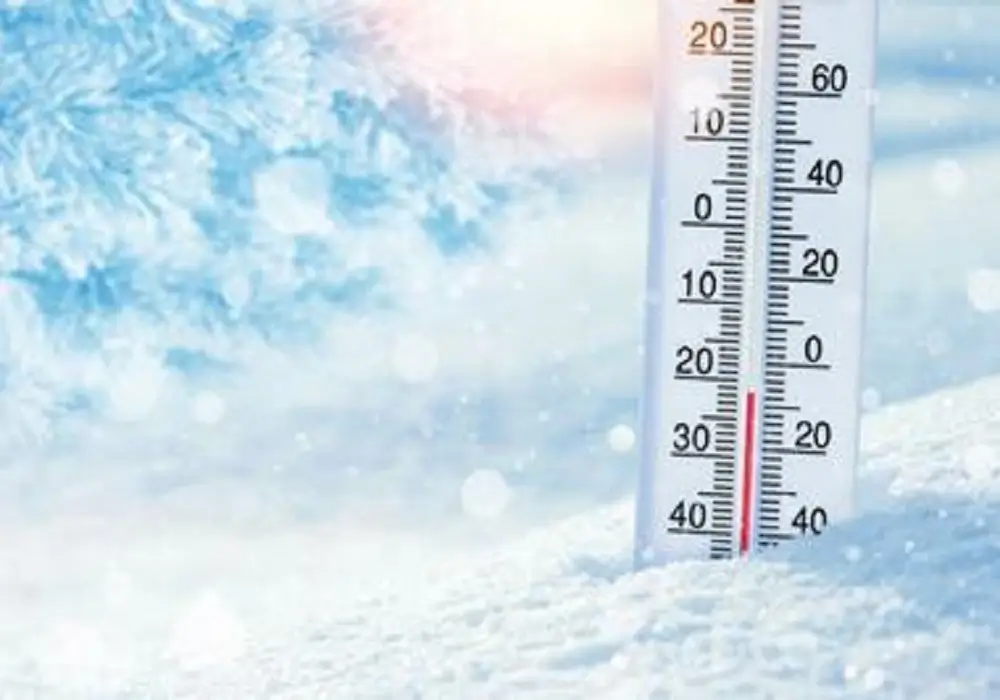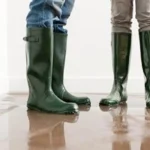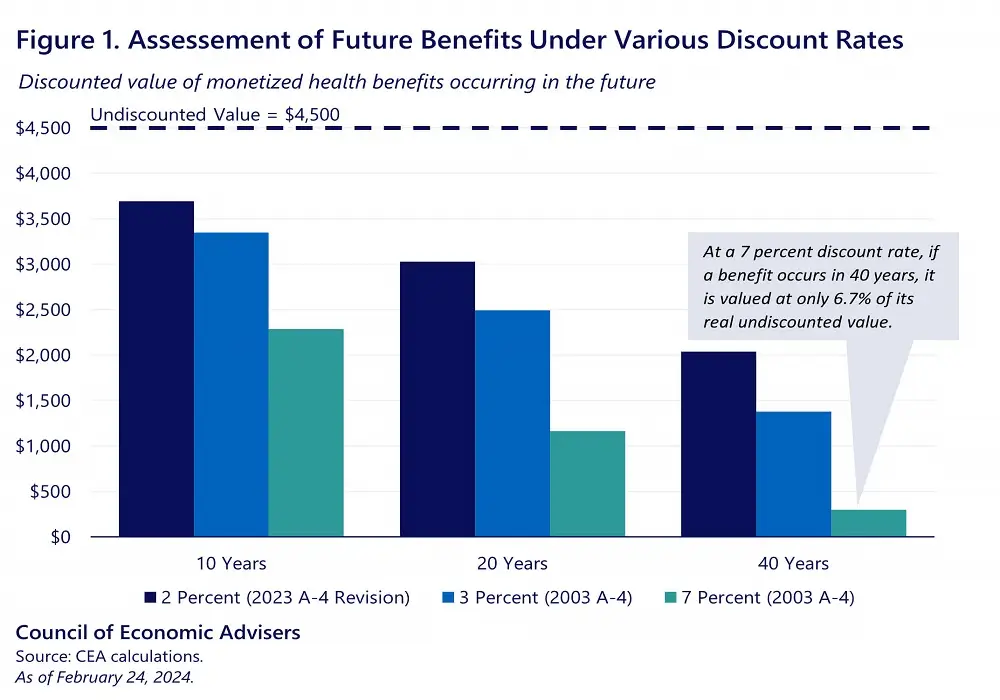Freezing temperatures across the UK are putting significant strain on household budgets and raising concerns about the potential for a surge in burst pipe claims, according to the Association of British Insurers (ABI). The organisation urges homeowners to take proactive steps to protect themselves and their property from the perils of winter’s icy grip.
The UK is currently experiencing a period of exceptionally cold weather, with temperatures plummeting far below average in many regions. This prolonged period of sub-zero conditions is placing a significant strain on household plumbing systems, increasing the risk of burst pipes, particularly in older properties or those with poorly insulated pipes. The ABI is acutely aware of the financial hardship that such claims can pose for individuals and families, prompting a proactive warning to the public.
The Financial Implications of Burst Pipes
Burst pipes can lead to substantial costs for homeowners. The initial damage might be restricted to the immediate area of the leak, but the consequences can escalate rapidly. Water damage can spread quickly, impacting walls, floors, and even the structural integrity of a property. Repair costs can include:
You may read also:- What Lessons Can Entrepreneurs Learn from Arif Patel’s Career?
- Aviva to buy DLG for £3.7bn as takeover officially agreed
- MLP launches new fraud prediction model for personal lines market
- £3bn insurer deals blow to London stock market as it chooses New York for listing
- Munich Re-owned business appoints new UK chief executive
- Briefing: What New Year’s resolutions should UKGI be making for 2025?
- Insurers lose court battle with Sky over claim around damage to headquarters
- Replacement of damaged pipes and fittings: This can be a substantial expense, depending on the extent of the damage and the complexity of the plumbing system.
- Restoration of damaged areas: This often involves removing damaged plaster, flooring, or drywall, and replacing them.
- Removal of standing water and mold remediation: Standing water can lead to the growth of mold and mildew, necessitating specialized cleaning and treatment to prevent health risks and further damage.
- Potential for structural damage: In severe cases, burst pipes can weaken supporting structures, leading to costly structural repairs or even the need for complete rebuilding.
- Insurance excess and policy limitations: While insurance policies typically cover burst pipe damage, there are often excess payments, policy limitations, and potential deductions.
Preventive Measures to Minimize the Risk
The ABI strongly emphasizes the importance of preventative measures to minimize the risk of burst pipes. Homeowners can take steps to safeguard their properties, reducing the likelihood of damage and subsequent insurance claims.
- Insulating vulnerable pipes: Pipes located in unheated areas, such as attics, crawl spaces, or exterior walls, are particularly vulnerable to freezing. Insulation can significantly mitigate the risk.
- Heating systems in check: Ensuring that heating systems are properly functioning and capable of maintaining appropriate temperatures, especially in areas prone to cold snaps, is crucial.
- Regular checks: Regular inspections of plumbing systems and water supply lines can help identify potential issues early, allowing for prompt repairs before damage occurs.
- Opening cabinet doors and window coverings: Keeping cabinet doors and windows slightly ajar can facilitate air circulation, reducing the risk of pipes freezing in unheated areas.
- Draining exterior hoses and faucets: Ensuring exterior water supply lines and hoses are completely drained of water is critical, preventing potential freezing damage during prolonged cold spells.
Steps to Take If a Burst Pipe Occurs
If a burst pipe is suspected or detected, it’s crucial to act swiftly and correctly. The ABI advises the following:
- Turn off the water supply: Immediately shut off the main water supply to the house or the affected area to prevent further water damage.
- Contact the emergency services and property insurer immediately: Prompt action can help minimize the scale of the damage.
- Consult the relevant insurance policy: Understanding the terms and conditions of the insurance policy will assist in navigating the claims process.
- Preserve evidence of the damage: Taking photos and videos of the damage can aid in the claims process.
- Protect yourself: Be careful to protect yourself from further harm.
The Role of Insurance in Burst Pipe Claims
Insurance plays a crucial role in mitigating the financial burden of burst pipe damage. While specific coverage can vary between policies, homeowners should ensure they understand their policy’s terms and conditions concerning water damage. The ABI encourages homeowners to carefully review their insurance policies to understand coverage limits, excess payments, and any exclusions. They should also be aware of the potential for increased premiums if claims are frequently made.
Raising Awareness about Prevention
The ABI is undertaking public awareness campaigns to highlight the importance of preventing burst pipe damage. These campaigns emphasize proactive measures that homeowners can take to minimize the risk. This information is not just confined to the UK, but equally vital for anyone living in areas prone to extreme winter weather.
Conclusion
The current cold snap underscores the vulnerability of household plumbing systems to freezing temperatures. The ABI urges homeowners to take proactive steps to protect their properties and prepare for potential burst pipe claims. By understanding the preventative measures, recognizing the signs of potential issues, and promptly responding to any incidents, homeowners can significantly reduce the financial strain associated with burst pipes and keep their homes safe. The winter months require vigilance, and acting responsibly will not only safeguard your home but also your financial well-being.












